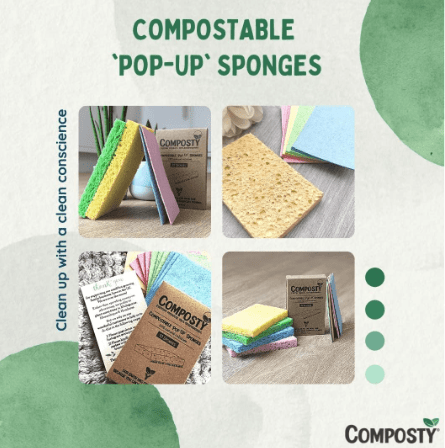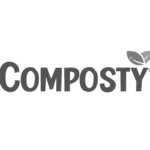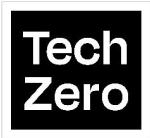RESULTS
Leveraging Carbonbright’s platform, Composty conducted a science-based Life Cycle Assessment for their sponges. CarbonBright enabled Composty to assess the life cycle model of their sponges with accurate results in a more efficient manner than traditional approaches, reducing time and manpower to conduct the study.
The study identified the impacts of each category in a Life Cycle Assessment, finding the majority of Life Cycle Emissions are associated with Consumer Use, creating an opportunity to educate customers on proper use to fully reap the environmental benefits of the sponge. However, when excluding Consumer Use from the analysis, Composty was able to identify areas with the highest environmental impact in other stages of the product life cycle. Notable insights from the study included:
A composty sponge uses 90% less space than the traditional plastic sponge when shipped, which drastically reduces packaging and transportation related emissions.
Disposal and end-of-life consumer education has a significant impact. Disposing the sponge through compost results in more than 70 times lower emissions and is beneficial for soil health when compared to disposing the sponge in the landfill.
The analysis allowed Composty to identify opportunities for improvements across their supply chain and communicate these decisions to stakeholders using data-backed insights.
Composty’s collaboration with CarbonBright streamlined their sustainability efforts and reinforced their mission to offer sustainable alternatives. CarbonBright demonstrated its ability to efficiently perform a Life Cycle Analysis and simplify sustainability practices within the Consumer Packaged Goods Industry. CarbonBright’s real-time emissions calculation, credible decarbonization communication facilitation, and actionable areas for emission reduction identification empowered Composty to make informed decisions towards a sustainable future.




